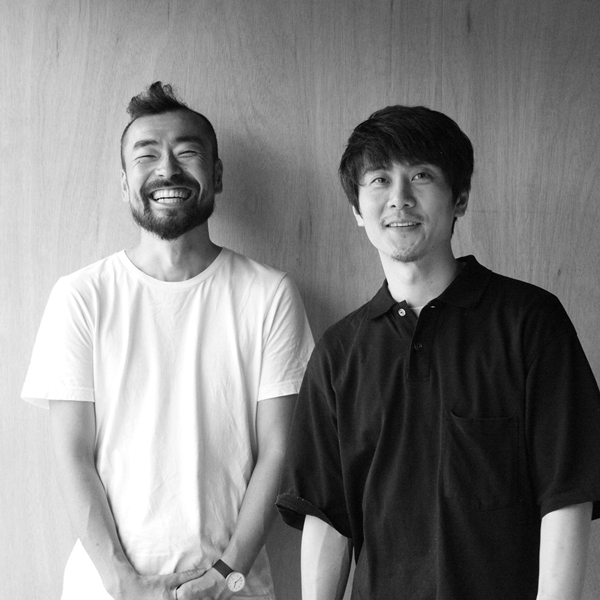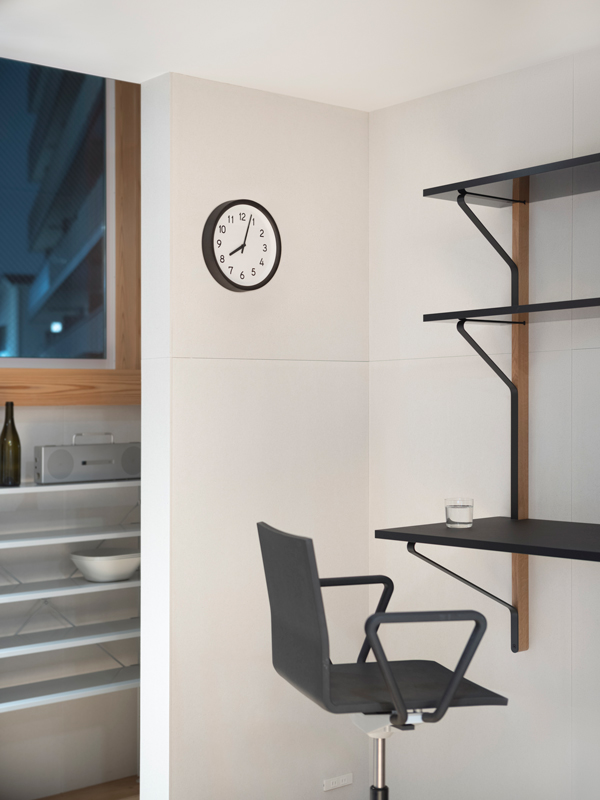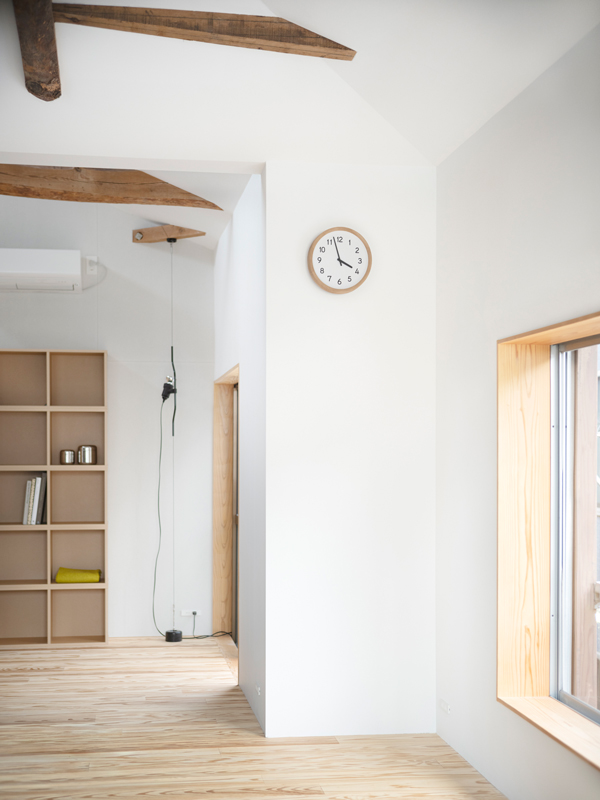basin number
design : PINTO
The designs of these wall clocks were inspired by the shape of a bowl.
The face rising gently toward the wooden frame has a wide margin, and the frame does not block the hands and indicators, even from an angle, which makes the clock easy to read. The bowl-like shape of the clock has a sense of unity, enhancing the hands and indicators while creating soft shadows in the ambient light.
The basin number is designed with an original rounded font that fits well with the bowl-like shape. It has been designed to ensure both legibility and a friendly atmosphere.


PIL23-04 NT
natural

PIL23-04 BK
black
PIL23-04
- Size
- φ298 × d48mm
- Weight
- 830g
- Material
- Japanese Chestnut, ABS resin, Glass
[ A clock that accompanies us in our future daily lives. ]
As remote work becomes prevalent, the home is transforming into a space used for a variety of purposes. We aimed to create a clock suitable for both work and study, as well as for relaxation, but that would also make us feel attached to it.
[ Human- and environment-friendly design ]
This is the first time that Japanese chestnut wood has been used for the frame of a Lemnos clock. By using locally produced and consumed materials, we strive to utilize domestic forest resources and reduce CO2 emissions from transportation. The light color of chestnut wood makes it easy to blend into a space while giving it a sturdy material feel.

PINTO
Takanori Hikima (1983-) and Masayoshi Suzuki (1982-) have been designing products as a twosome since 2008. PINTO is a design unit led by the two designers, who are active across different genres to, for example, design museum appliances, publish in collaboration with a photographer, and organize an exhibition at the same time as serving as an in-house designer at a home appliance maker and an office furniture manufacturer respectively. They both graduated in 2006 from the industrial design course at Nihon University, College of Art. Hikima studied under Sam Hecht during his short-term overseas exchange program and graduated from Kyoto University of Art and Design, Department of Architecture. Suzuki studied under Thomas Aronson during a study period abroad in 2014. His activities are currently based in Tokyo. Their award history includes the iF design award, Red Dot Design Award, GOOD DESIGN AWARD, and Tokyo TDC award.
http://www.pinto-design.jp/






